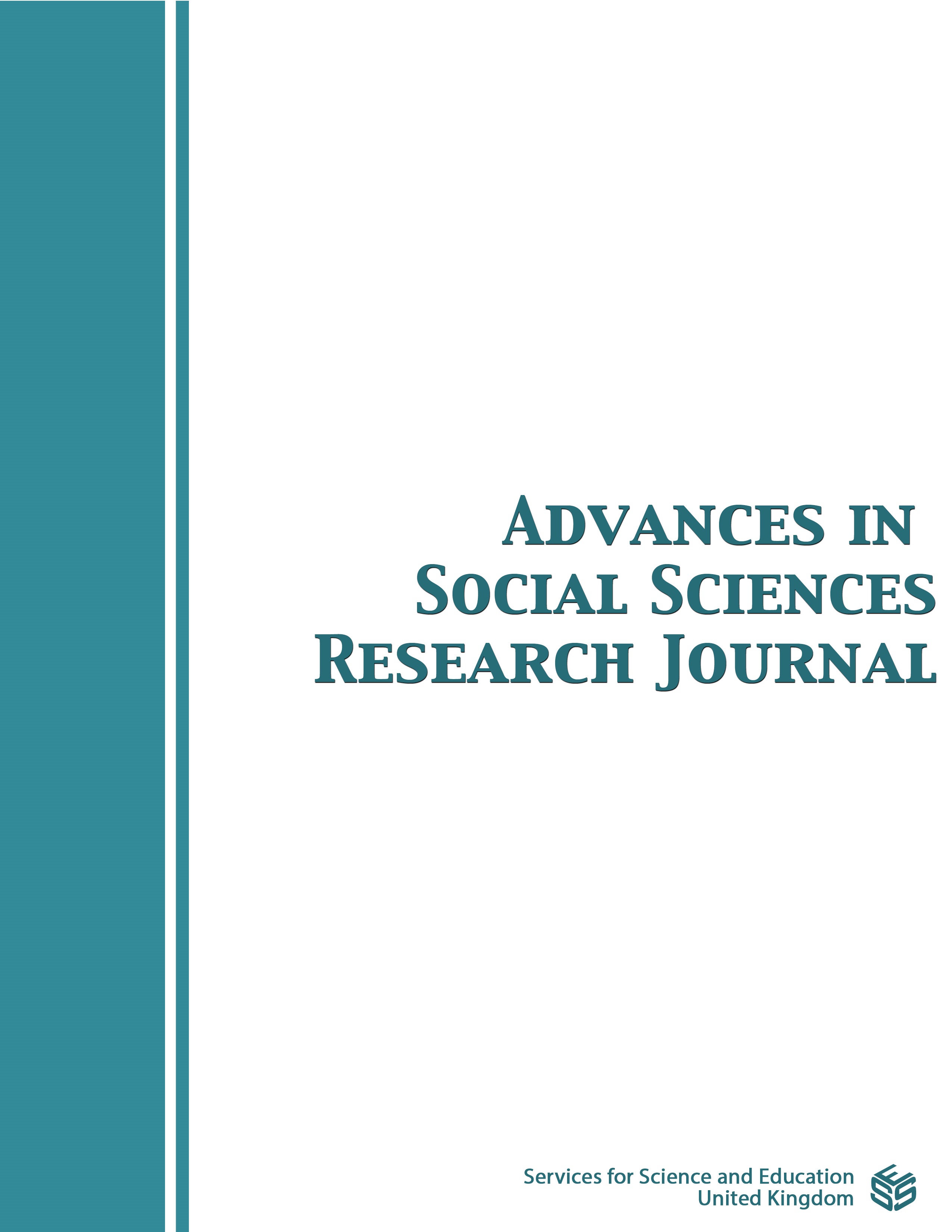What Differentiates Believers and Non-Believers of Conspiracy Theories? A Structural Analysis of Semantic Networks Regarding the Social Representations of Covid-19 Pandemic
DOI:
https://doi.org/10.14738/assrj.113.16709Keywords:
conspiracy beliefs, semantic networks, cognitive structures, social representationsAbstract
Belief in conspiracy theories is close related with the adoption of behavioral patterns often associated with a direct dispute of scientific research, institutional and governmental practices. The recent Covid-19 pandemic revealed an ecosystem of stories and narratives promoting alternative explanations about a real public threat. The exposure to these narratives and their persuasion towards people’s cognitive structures is a crucial issue to be examined to identify the different strategies implemented, by individuals and groups, in order to address a direct threat to society. In the current exploratory research, we examined whether believing in conspiracy theories about Covid-19 pandemic, is possible to predict semantic networks as cognitive structures. The analysis of the research findings provided different patterns of thought about individual exposure to Covid-19 conspiracy theories, their persuasiveness, and the different levels of compliance to (state-promoted) health measures.
We discuss the importance of future research focusing on the level of acceptance of the role of different social institutions. A systematic analysis of conspiracy theories rationale is possible to address the cognitive bias organized on belief systems that offer a logical problem solving in social uncertainties. A more thorough study on the individual and group perception of the role of institutions, the level of their acceptance or dispute, as well as their direct and indirect impact on the development of socially responsible behaviors, within a shared social reality, could enhance our knowledge towards the development of effective social policies to confront the next public health crisis.
Downloads
Published
How to Cite
Issue
Section
License
Copyright (c) 2024 Ioannis Katerelos, Maria Koletsi

This work is licensed under a Creative Commons Attribution 4.0 International License.
Authors wishing to include figures, tables, or text passages that have already been published elsewhere are required to obtain permission from the copyright owner(s) for both the print and online format and to include evidence that such permission has been granted when submitting their papers. Any material received without such evidence will be assumed to originate from the authors.






